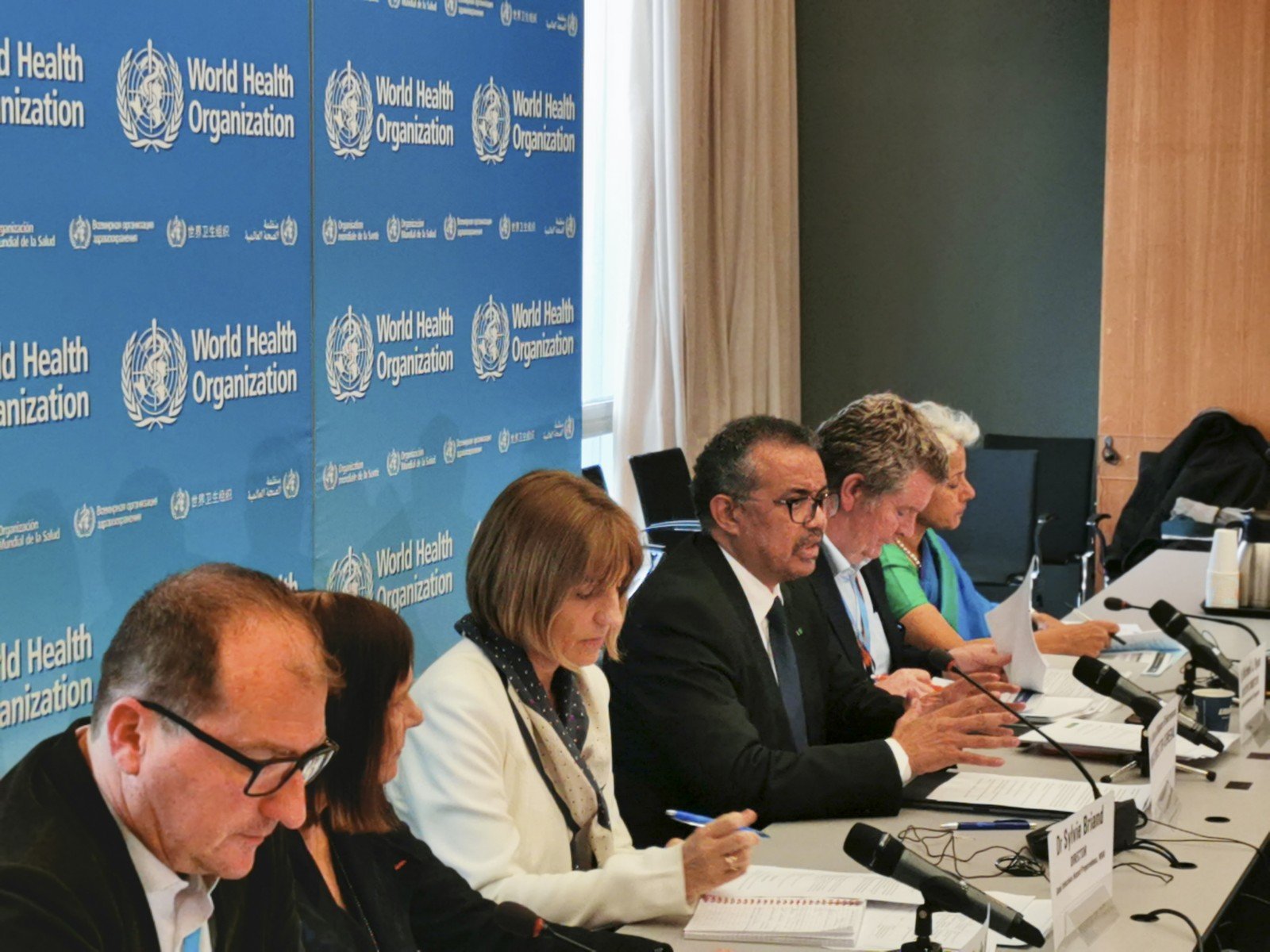Original article (in Slovenian) was published on 12/2/2024; Author: Tina Geč
The proposed amendments to the International Health Regulations would allow the director-general of the World Health Organisation (WHO) to declare different levels of public health emergency, but only after consultation with the WHO’s Emergency Committee.
On January 15, the Slovenian Doctors’ Initiative published a response on its website to the proposed amendments to the International Health Regulations (IHR). They argue that these amendments would allow the “subjective judgement of the WHO director-general” to be sufficient grounds for declaring a state of emergency. This response was republished two days later by the Planet Lepote website.
The Slovenian Doctors’ Initiative describes itself as a group of doctors committed to “preserving the reputation and practice of the medical profession at a high ethical, moral, and professional level.” Among their various actions, in November 2021, they issued a call for an immediate stop to the vaccination of children and adolescents against COVID-19. This call was subsequently deemed unethical by the National Commission on Medical Ethics.
As Razkrinkavanje reported in June 2021, Alenka Mišič registered the website. Mišić is also reportedly a member of the civic initiative “We’re Not Giving Our Children.” This group initiated a petition in April 2021 against the self-testing of children in schools. Psychiatrist Biserka Ilin and gynecologist Sabina Senčar are among the members of the Slovenian Doctors’ Initiative.
The current IHR, effective since 2005, address the identification of public health emergencies of international concern in Article 12. This article requires the WHO director-general to determine, based on the information provided by the country experiencing an event, whether that event—such as an unusually high number of disease cases or deaths—poses a public health threat to other countries.
The proposed amendments to the IHR would alter this article in several ways.
The revised Article 12 of the International Health Regulations (IHR) would empower the director-general to, after reviewing the available information and consulting with the country where an event has occurred, either declare a regional Public Health Emergency of International Concern (PHEIC) or issue an intermediate public health alert for events that do not meet the PHEIC criteria. Such events could involve significant numbers of illnesses or deaths with the potential for cross-border transmission, warranting international response.
The director-general’s decision would be informed by a methodology for assessing and notifying events that may pose a global public health risk. This process includes considering the WHO Emergency Committee’s opinions, scientific evidence, and an assessment of the disease’s risk of spreading. This procedural framework is already established in the current IHR.
For events that do not meet the criteria for PHEICs, but are deemed by the director-general to necessitate increased global vigilance, the director-general may issue an alert to WHO member states. In making this decision, the director-general may seek input from the Emergency Committee and, based on the Committee’s advice, may classify an event as one that, while not meeting PHEIC criteria, has the potential to escalate into one.
The WHO General Assembly adopted a resolution launching the process to amend the International Health Regulations in May 2022. The latest amendments were submitted by 16 countries last January, and the final proposal will be presented by the working group at the WHO General Assembly in May-June.
Razkrinkavanje has communicated these findings to the websites Slovenskizdravniki.si and Planet Beauty, and their responses will be published upon receipt.
The claim that the current proposal for the new International Health Regulations (IHR) would allow the WHO director-general’s opinion alone to suffice for declaring a public health emergency is manipulative. The director-general would still be required to consult with the Emergency Committee and take into account scientific evidence before making such a declaration.



